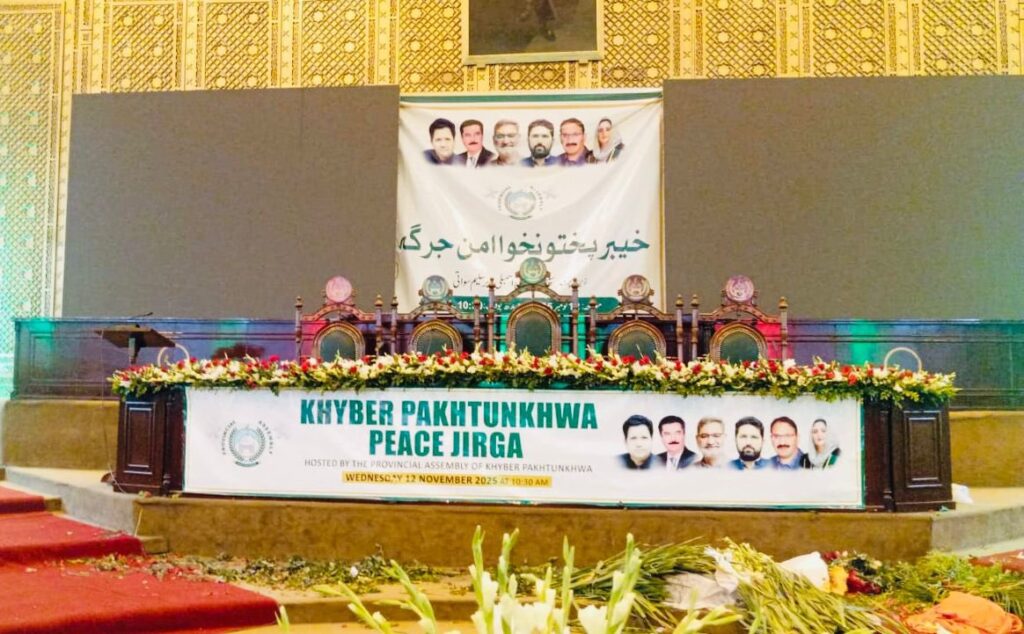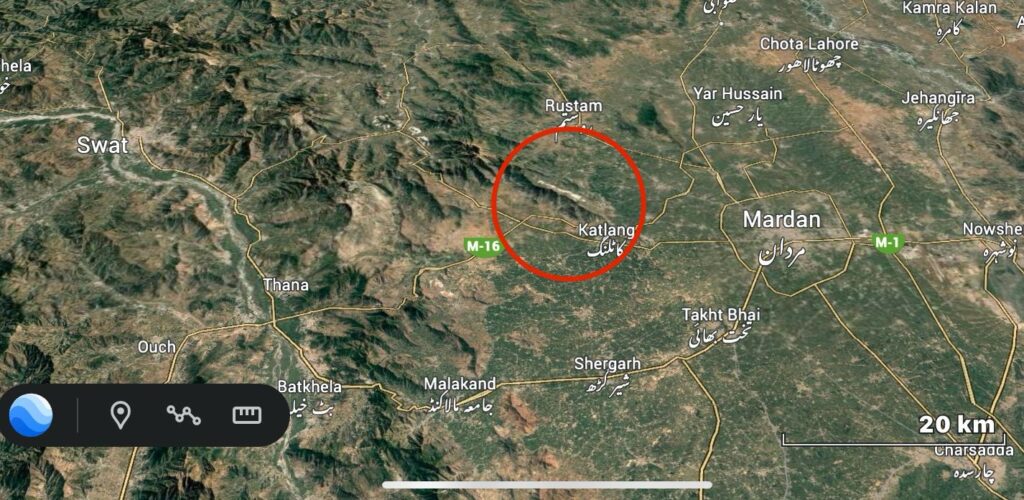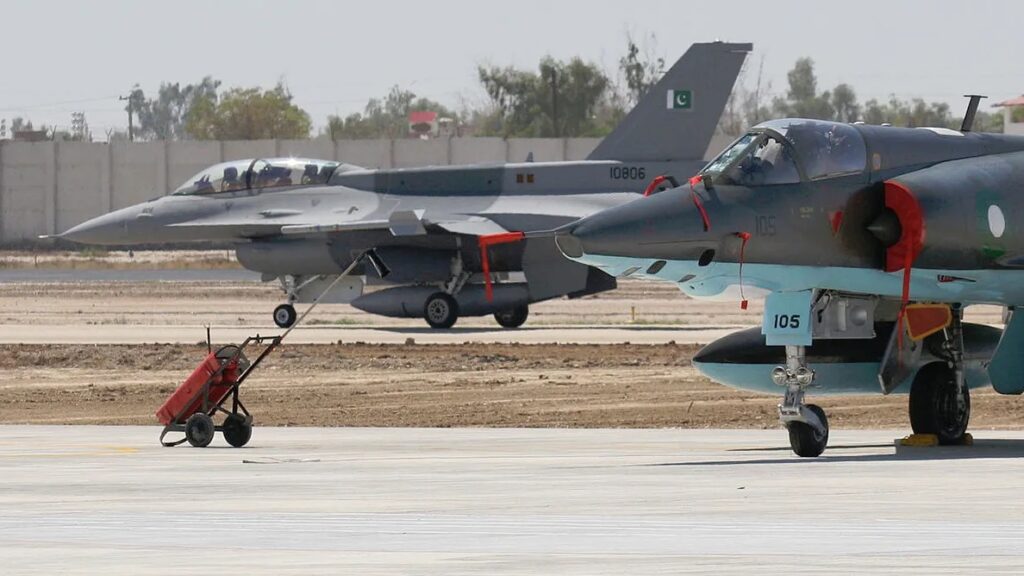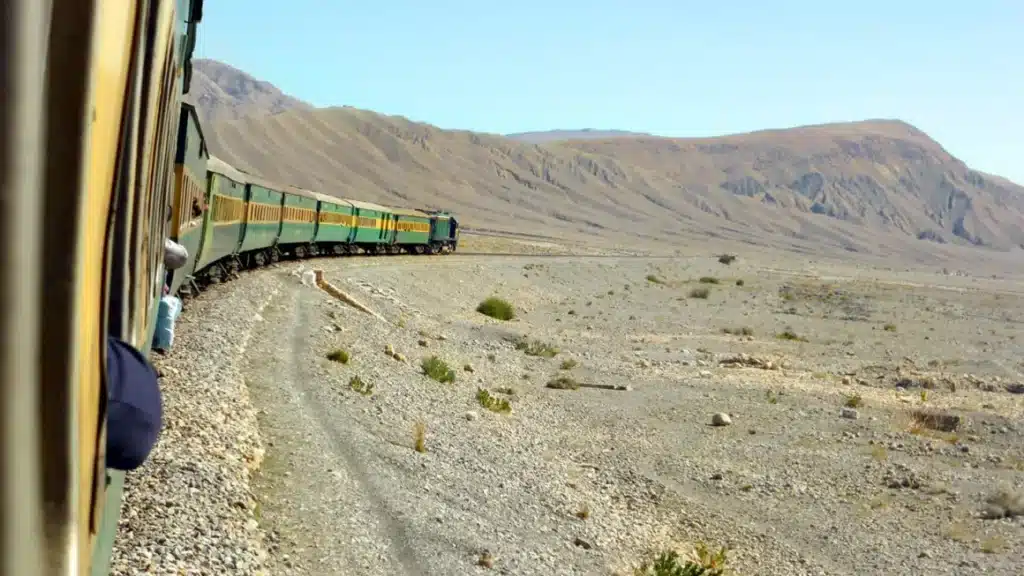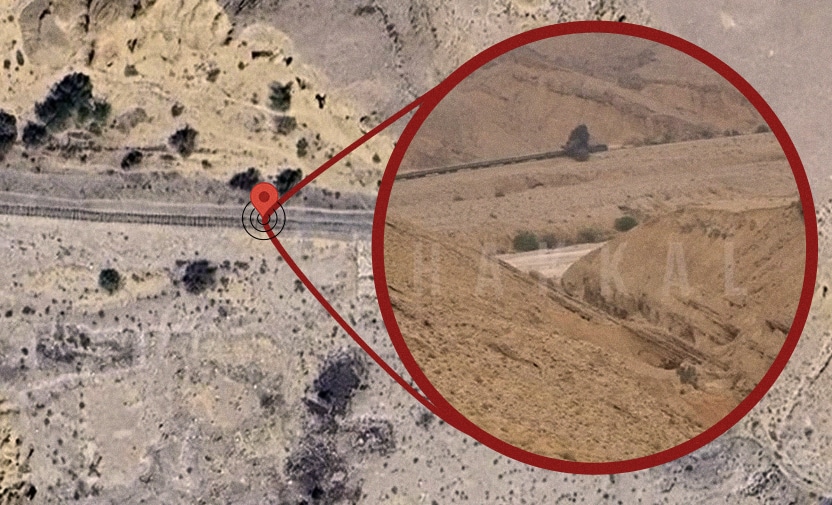PESHAWAR: The KP peace jirga will convene today (Wednesday) at the provincial assembly, bringing together leaders of over 20 political parties, tribal elders, and civil society representatives to chart a unified anti-terror and peace strategy for Khyber Pakhtunkhwa.
Officials said all arrangements have been completed. The jirga, convened on the recommendation of the KP Assembly’s Special Security Committee, is expected to host around 400 participants.
Chief Minister Sohail Afridi and Speaker Babar Saleem Swati will jointly chair the session.
Special Assistant to the Chief Minister on Information Shafi Jan said the government had organized the largest peace jirga in KP’s history. “All political parties will attend and issue a joint statement and recommendations for peace,” he said, adding that the jirga would mark a milestone in peace efforts.
Speaker Swati, Local Government Minister Meena Khan Afridi, Opposition Leader Dr Ibadullah, and lawmakers from both sides of the aisle attended the preparatory visit to the assembly.
The Jamiat Ulema-i-Islam-Fazl (JUI-F) announced it would participate in the event. JUI-F spokesman Abdul Jalil Jan said party leaders Maulana Attaur Rehman and Maulana Attaul Haq Dervesh would represent the party along with its provincial assembly members.
Pakistan Peoples Party (PPP) parliamentary leader Ahmad Kareem Kundi welcomed the initiative, calling it a “historic step” to address KP’s worsening law and order crisis. “This jirga represents the collective will of 40 million people,” he said.
CM, Speaker to chair KP peace jirga
Jamaat-i-Islami confirmed its participation, with Prof Mohammad Ibrahim Khan and former minister Inayatullah Khan representing the party.
Awami National Party (ANP) KP president Mian Iftikhar Hussain will also attend, following the party’s earlier decision to support the peace effort.
The idea for the jirga was finalized earlier this month during a consultative meeting chaired by Chief Minister Afridi and PTI provincial president Junaid Akbar. The PTI leadership decided to invite all political parties, former chief ministers, governors, and representatives of civil society, lawyers, and journalists to build consensus for lasting peace.
Provincial officials have since reached out to political, legal, and media bodies with formal invitations to ensure broad participation in the peace conference.

